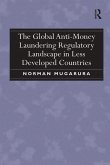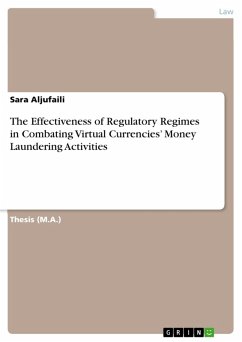The past fifteen years witnessed the emergence globally of a plethora of legislative measures aimed at countering money laundering. These developments have been inextricably linked with the growing international focus on newly perceived and/or prioritised global security threats such as organised crime and terrorism with money laundering counter-measures deemed essential to counter these threats. Taking these developments into account, this book examines in detail the evolution and content of money laundering counter-measures in the European Union. These measures constitute a new paradigm of security governance, achieved through three principal methods: criminalisation, consisting in the emergence of new criminal offences; responsibilisation, consisting in the mobilisation of the private sector to co-operate with the authorities in the fight against money laundering; and the emphasis on the administration of knowledge, through the establishment of new institutions, the financial intelligence units, with extensive powers to administer a wide range of information provided by the private sector. This paradigm may pose significant challenges to fundamental legal principles and to well-established social structures and the book attempts to address this balance. This up-to-date analysis includes the provisions of the new EU money laundering Directive which was formally adopted in December 2001.
Dieser Download kann aus rechtlichen Gründen nur mit Rechnungsadresse in A, B, BG, CY, CZ, D, DK, EW, E, FIN, F, GR, HR, H, IRL, I, LT, L, LR, M, NL, PL, P, R, S, SLO, SK ausgeliefert werden.
Hinweis: Dieser Artikel kann nur an eine deutsche Lieferadresse ausgeliefert werden.









